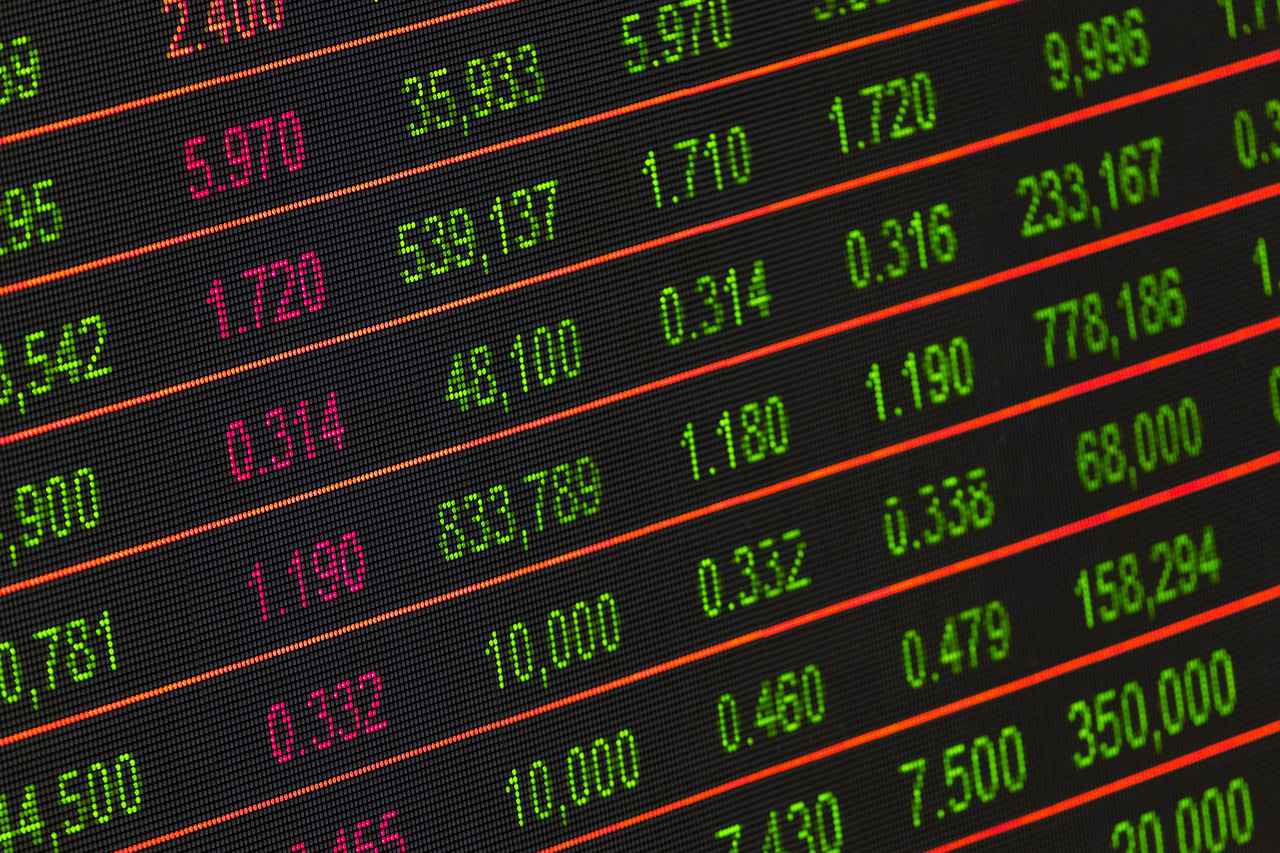Investing can really humble you, no matter how much experience you have. Let’s talk about the rollercoaster ride of making money in the stock market, and yes, sometimes still feeling pretty lousy about it.
Back on May 5, 2013, I penned an article predicting that Chinese internet stocks would rally due to economic policies in Japan and strong global markets. I recommended stocks like BIDU, SINA, and RENN, which had been underperforming. My prediction? These stocks were due for a big bounce.
And bounce they did. Within three weeks of my article, these stocks surged by 15-25%, while the broader market was up just 2%. It almost seemed like my article sparked a mini buying spree. This made me wonder about the secretive nature of hedge funds and their strategies.
Despite this success, my personal gain felt underwhelming. From a starting point of $400,000, my IRA only grew by $40,000. While a 10% gain for a year would be decent, it actually represented a significant underperformance compared to the stocks I had picked, potentially leaving $20,000 to $60,000 on the table.
What went wrong? Well, a mix of poorly timed trades and good old fear. For instance, Apple’s ups and downs during this period played a major role. I bought heavily when Apple was low, betting on a rebound. But after hedge fund giants like Julian Robertson and David Tepper reduced their stakes, the stock took a hit, and so did my confidence. I ended up selling much of my Apple stock at a loss, reflecting on how fear can mess with your trading strategy.
Then there was Baidu. I felt on top of the world when its stock climbed 9% before earnings, but then it missed the estimates and plummeted. I kicked myself for not selling earlier. And when it rebounded? I sold too soon, leaving more money on the table.
RenRen was another rollercoaster. I bought shares expecting a surge, and it did climb but then fell after disappointing earnings. The volatility was frustrating, and I ended up selling too late, further eating into my gains.
With Sina, I underestimated the impact of Alibaba’s investment in Weibo, which led to a significant valuation bump. My conservative investment meant I missed out on larger profits here too.
All this trading turmoil taught me that being overly cautious or too bold can both lead to missed opportunities. It’s a tough balance to strike, and emotions can make it even tougher.
On top of that, I took a short position on the market, guessing there would be a pullback, but the market kept soaring. This hedge ended up costing me instead of cushioning my portfolio.
Investing isn’t just about picking stocks; it’s also about managing your emotions and expectations. It’s why I now see the appeal in more stable investments like real estate, which can provide steady income and less volatility.
In conclusion, investing can be rewarding but also mentally taxing. It requires a constant balance between risk, research, and emotional control. Whether it’s taking a conservative approach with long-term dividends or diving into more volatile growth stocks, each investor has to find their own path that aligns with their financial goals and emotional well-being.











































